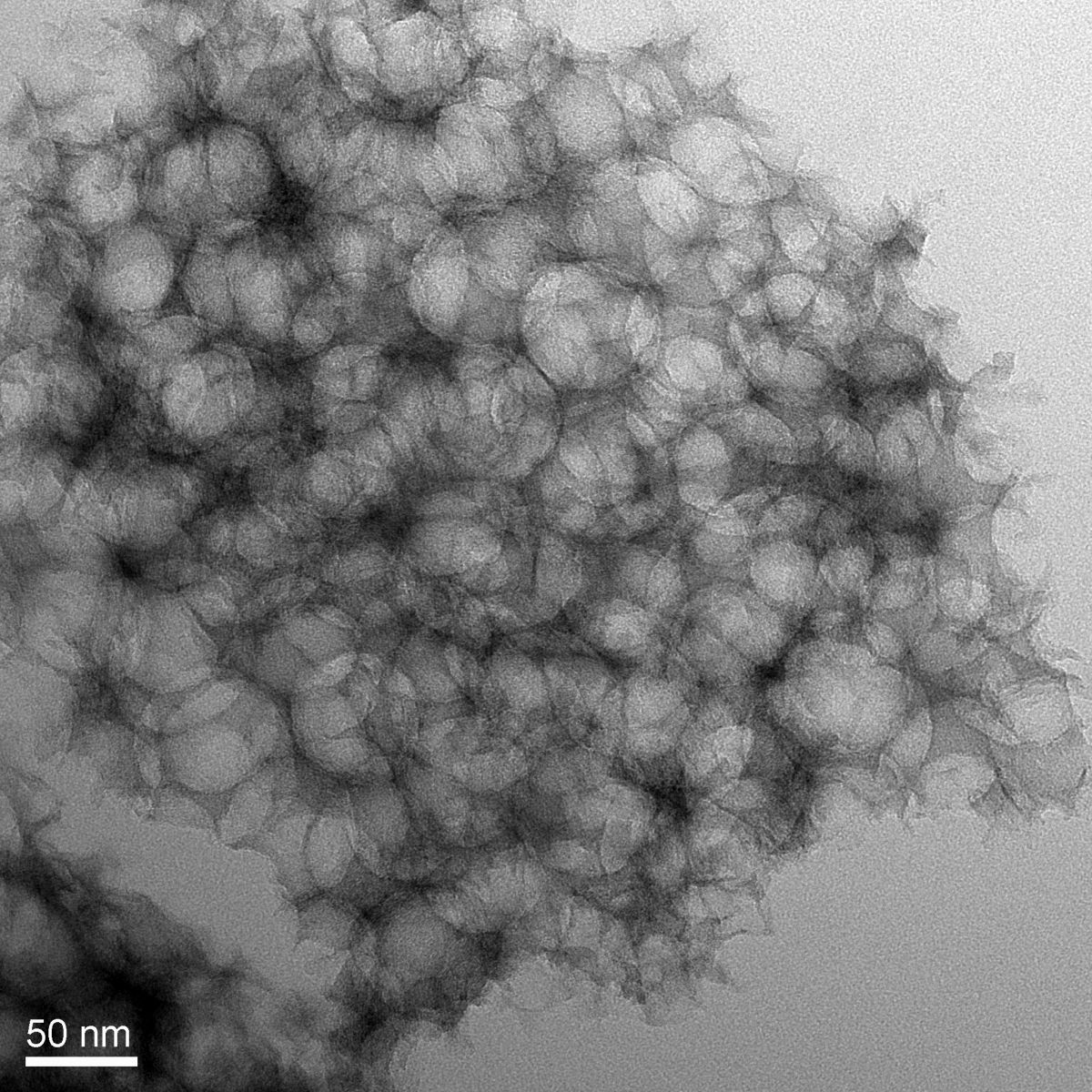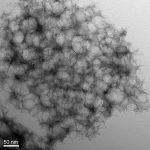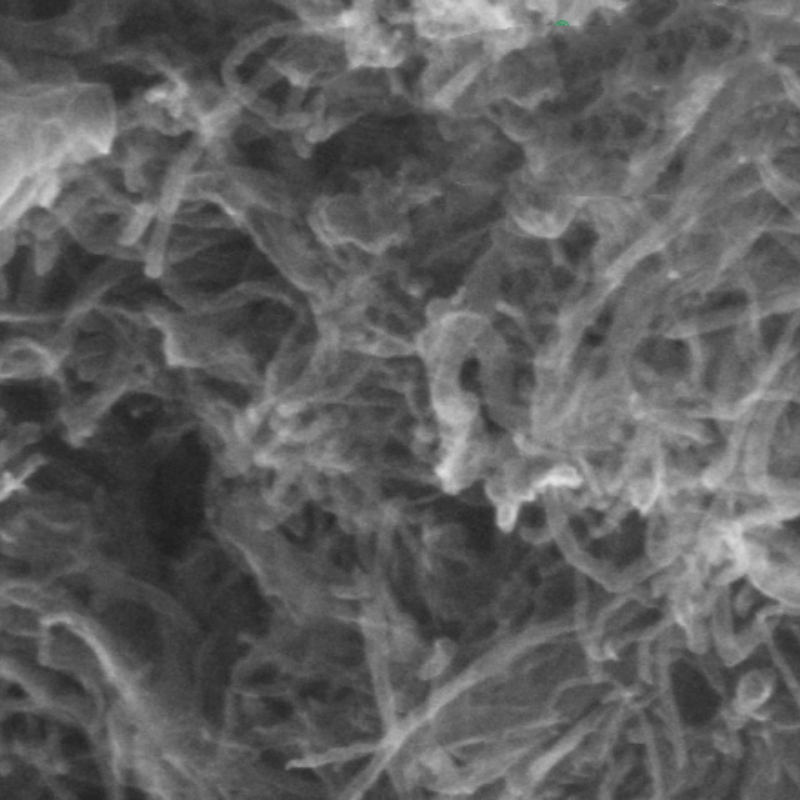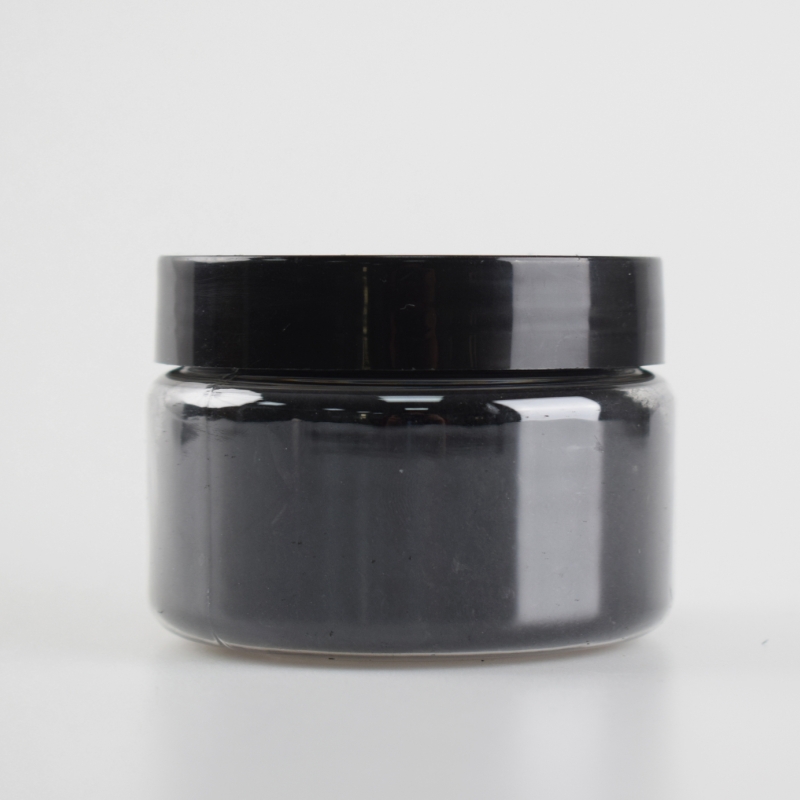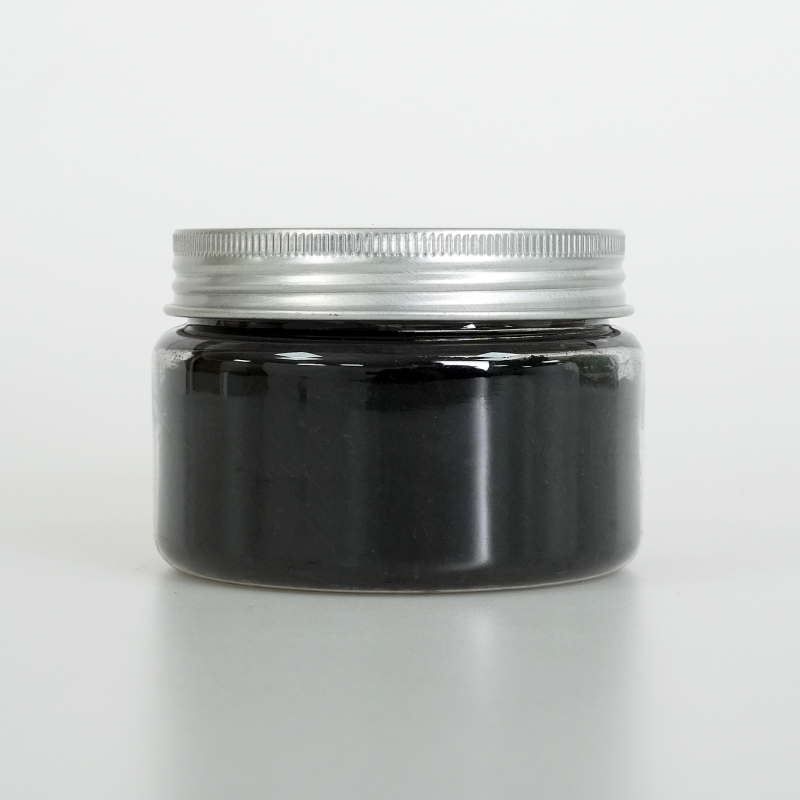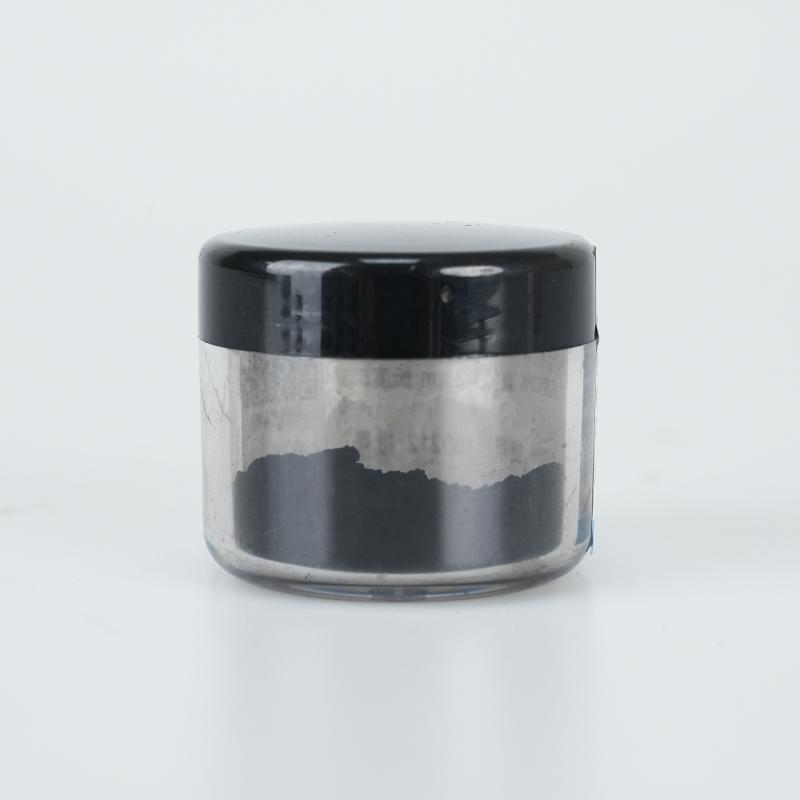Nanoporous carbon powder (NCP) provides optimized surface area, superior adsorption capacity, and enhanced electrochemical stability. Designed for energy storage and filtration applications, it ensures efficient ion transport, extended durability, and high adaptability.
Product Overview
Nanoporous carbon powder (NCP) is a carbon material characterized by a rich porous structure, including mesopores, macropores, and microspores. The intricate porosity facilitates the transport, diffusion, and storage of materials. Mesopores and macropores allow rapid penetration of ions and electrolytes into the material, while microspores assist in further adsorption and storage of substances. These features make NCP highly versatile, with broad application potential in catalysis, drug delivery, and environmental remediation.
Key Features
- Porous Structure:NCP has a diverse range of nanopores, with adjustable pore sizes from a few nanometers to several hundred nanometers, suitable for various applications.
- Electrical Conductivity:NCP possesses good conductivity, enhancing its application in electronics and energy storage.
- Surface Properties:The surface of NCP can be modified via chemical treatments or physical adsorption, introducing various functional groups that alter its hydrophilic or hydrophobic properties.
Applications
- Catalysis:NCP can serve as a catalyst support or even as a catalyst itself. Its high surface area and well-developed porosity facilitate uniform dispersion of catalysts and rapid transport of reactants.
- Drug Delivery:NCP can be used to load drug molecules, enabling controlled release and targeted delivery. It helps adjust the release rate of drugs, enhancing bioavailability.
- Wastewater Treatment:NCP adsorbs organic compounds, heavy metal ions, dyes, and other pollutants from water. Its surface can be modified to increase adsorption selectivity, improving wastewater treatment efficiency.
- Soil Remediation:NCP can adsorb organic contaminants and heavy metals in soil, reducing their mobility and bioavailability. This assists in soil remediation and reduces the ecological damage caused by pesticide residues.
| Technical Parameter | Value |
| State | Black Powder |
| Particle Size | 0.2 μm - 1.5 μm |
| Specific Surface Area (SSA) | >200 m²/g |
| Pore Size | ~5 nm / 10 nm / 30 nm / 150 nm |
 new material
new material

